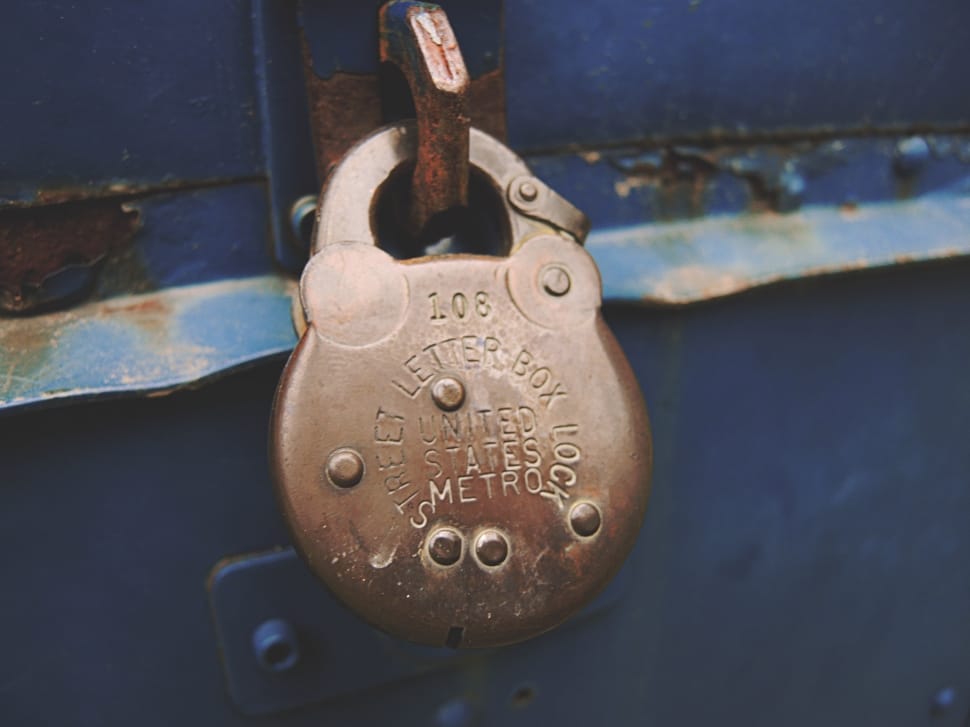From 3 padlocks to a click: Sipi Organic’s long walk to digital banking

Michael Wakabi
When in 2010, a random visitor from Denmark challenged Duke Chemtai and a few of his friends, to supply a containerful of organic coffee beans from their fields in Kapchorwa, they were naturally excited. But they would soon learn how tall an order that was. During the rush to lock in the deal, Chemtai and another 24 coffee growers, combed the breadth and width of Kapchorwa, before they could raise 30 tons of coffee bean.
It was a herculean effort that woke them to the need to work together, marking the beginnings of Sipi Organic Cooperative Society. They constituted themselves into a Village Savings Loan Association (VSLA) and opened a bank account.
“Although we made only a small margin off our first sale, it was exciting. We immediately realized that there was money to be made and it would be easier if we worked together to grow, consolidate the crop and sell as a group. So, we formed a VSLA,” recalls Chemtai, now the Chairperson of Sipi Organic Cooperative Society.
Whenever they received a payment from their Danish customer, they would pay themselves for each members share of the proceeds. They would also save a portion of their earnings under the Village Savings and Loan Association. The savings were kept in thick metallic box , secured with three padlocks. As chairperson, Chemtai would keep one set of keys to a padlock, the treasurer kept another set and the secretary another.
“We would then go our separate ways returning only when there was money to be added or at the end of the year, to share our little fortune in proportion to what everyone had saved,” he explains.
Despite their improved financial status, the group were not earning enough to scale up the business. To receive their money from Denmark, they had opened an account with Stanbic Bank in Kapchorwa. Besides receiving and making withdrawals however, they were completely ignorant of what else they could use the account for.
All that changed when one sunny day, when a relationship officer who had been tracking their transactions with the bank visited the group.
“He took us through the products available to customers with the bank. Imagine we had been going to the bank to withdraw our money, without realizing what other facilities were available to us,” Chemtai says with a mixture of bemusements and regret.
One of the proposals was for Chemtai and his group to form a Sacco. Through the Sacco, they would get access to low-interest loans to prefinance coffee purchases and support the coffee processing business they had set up. And instead of keeping physical cash in a box, they could open a Sacco account and individual member accounts through which transactions could be done digitally.
Initially, members were apprehensive about moving from their trusted metal box to saving with a financial institution. They worried about how they would get money easily if it involved travelling to Kapchorwa town, a distance away in case they needed cash urgently.
“Stanbic Bank however came over and took us through how we would be keeping the money with them and how to access and distribute it. They introduced us to digital banking, which has made life easy.”
It turned out to be easier than they had imagined. Individual members would get instant alerts when money got into their saving accounts. The same would happen if they made any drawings.
“It turned out to be very easy, and we regretted all the sleepless night we had spent fretting over the safety of money in the metallic box. We did not need to keep money in the house and now pay members through their Sacco accounts. you just say, ‘I want my farmers to be paid in this manner’ and it would be done. I never expected a bank official to address me as Sir but as a customer I am now the boss and Stanbic Bank treats me with respect,’ Chemtai boasts.
The bank also inducted them into its financial fitness program which has helped Sipi Organic to grow into an enterprise with sufficient to set up their own coffee processing plant.
“Because we had our own money, we have not yet taken any big loan from Stanbic or any other bank. But we might soon apply for a loan of UGX500 million to help us fully equio the factory and install mainline power and stock up on coffee beans,” says Chemtai.
In the meantime, to support the coop’s sustainability, Stanbic bank donated a laptop and solar power module. This has eased their digital banking operations and also helped with book keeping because they have a constant power source on site.
“Stanbic surprised us with a solar system, and we can now work uninterrupted. Because this area is off-grid, we used to take our computer to Kapchorwa town for charging. We would use it sparingly because we were trying to prolong battery availability. We use the laptop to register members, and to track activity on the commercial side of the cooperative such as sales and registration of members,” Chemtai says expressing eternal gratitude to Stanbic.
“We no longer suffer sleepless nights over money in the box because it is nowsafe in the bank. If money is posted from the commercial side to the farmers account, he receives a message telling him you have received UGX500,000 from the sale of your coffee. This has encouraged many farmers to join the Sacco, life has become easy for us, we pray that we continue living and many people see the advantages of working with the Sacco and working with Stanbic,” he adds.
Members also say that keeping their earnings in the bank helps them to plan better for its expenditure. They are also eligible for credit at rates as low as 8percent pear annum. There are no account maintenance charges.
“It is very easy for us to borrow big money,” says Chemtai. “We now need about UGX 0.5 billion to run the cooperative because we have just received a new machine and we need more coffee stock. We are also organic and cannot use inorganic fertilisers, so we have to source all that and bring it to a point where our members can collect it without incurring heavy costs.
According to George Willy Musungu Stanbic Bank’s relationship manager for Saccos in Eastern Uganda, the lender assists Saccos in various aspects to support their growth.
“To start with we give them a cost- free account. We build their capacity through training and provision of information that enables them to do business sustainably. We then digitize their operations and lastly, we lend to them at a low rate of 10pc for saccos operating within the agriculture value chain and 12.5pc for multi-purpose Saccos.”
The interventions provided address identified pain-points and many times, the bank goes out of its way to reach out to other partners who may have the solutions that the Saccos need. Sacco leaders are trained in administration and financial management.
“We also give them computer hardware and software to support their digitalization journey. We have also given other solutions like enterprise online which enables them to view and make payments. We give them a merchant code and the members register on a digital wallet through which they can make their payments. We also give them solar power systems in areas that don’t have power,” Musungu says of the bank’s contribution to financial inclusion.

 New leadership for bankers’ umbrella as total assets top $12 billion
New leadership for bankers’ umbrella as total assets top $12 billion
 Brussels Airlines to announce Nairobi service
Brussels Airlines to announce Nairobi service
 SITA promises enhanced travel experience after Materna acquisition
SITA promises enhanced travel experience after Materna acquisition
 Saudia’s 105 aircraft order stretches A320neo lead over rival Max
Saudia’s 105 aircraft order stretches A320neo lead over rival Max
 Kenya calls for speedy resolution of territorial and immigration disputes with Uganda at JMC
Kenya calls for speedy resolution of territorial and immigration disputes with Uganda at JMC
 Boeing refuses to pay hackers $200 million for stolen Data
Boeing refuses to pay hackers $200 million for stolen Data
